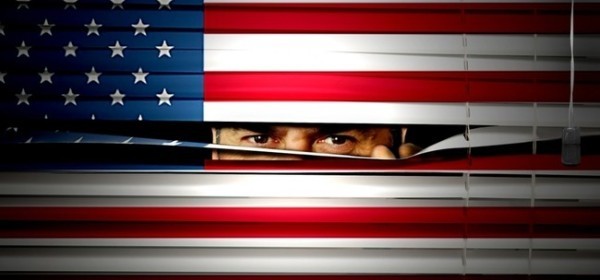Chief Justice’s power over surveillance

Chief Justice John Roberts is even more powerful than you might think, said Ezra Klein. In addition to presiding over the Supreme Court, Roberts also has the “exclusive, unaccountable, lifetime power to shape the surveillance state.” It’s a little known fact that the chief justice appoints all 11 members of the secret court set up by the Foreign Intelligence Surveillance Act. This shadowy FISA court deliberates behind closed doors on “who the government may spy on and how,” issuing sweeping rulings with major consequences that cannot be reviewed or appealed by anyone—not Congress, not other courts, not the public. Roberts, a George W. Bush appointee with an “expansive view of state police powers,” has appointed 10 fellow conservatives to the court, and just one liberal. Between 2001 and 2012, the court approved 20,909 warrants for surveillance and property searches, and turned down just 10—“a startling win rate for the government.” With their clear, pro-surveillance bias, the FISA judges now operate like a fourth branch of government. “Their power is awesome, and their word is final”—and Roberts alone gets to decide who they are.

 Print
Print